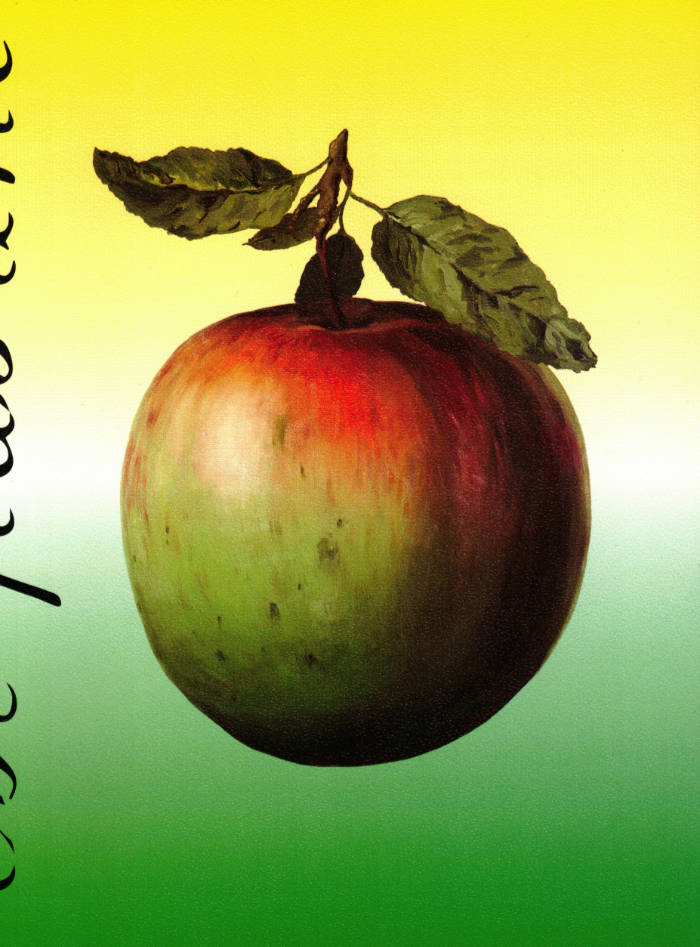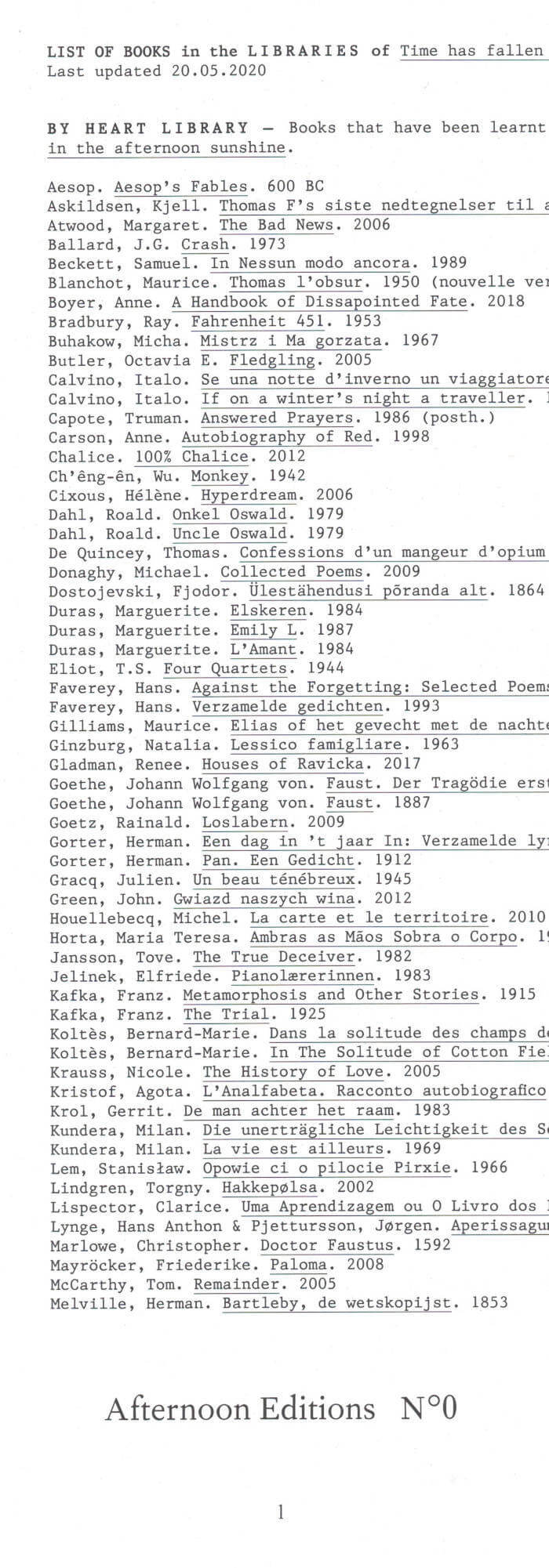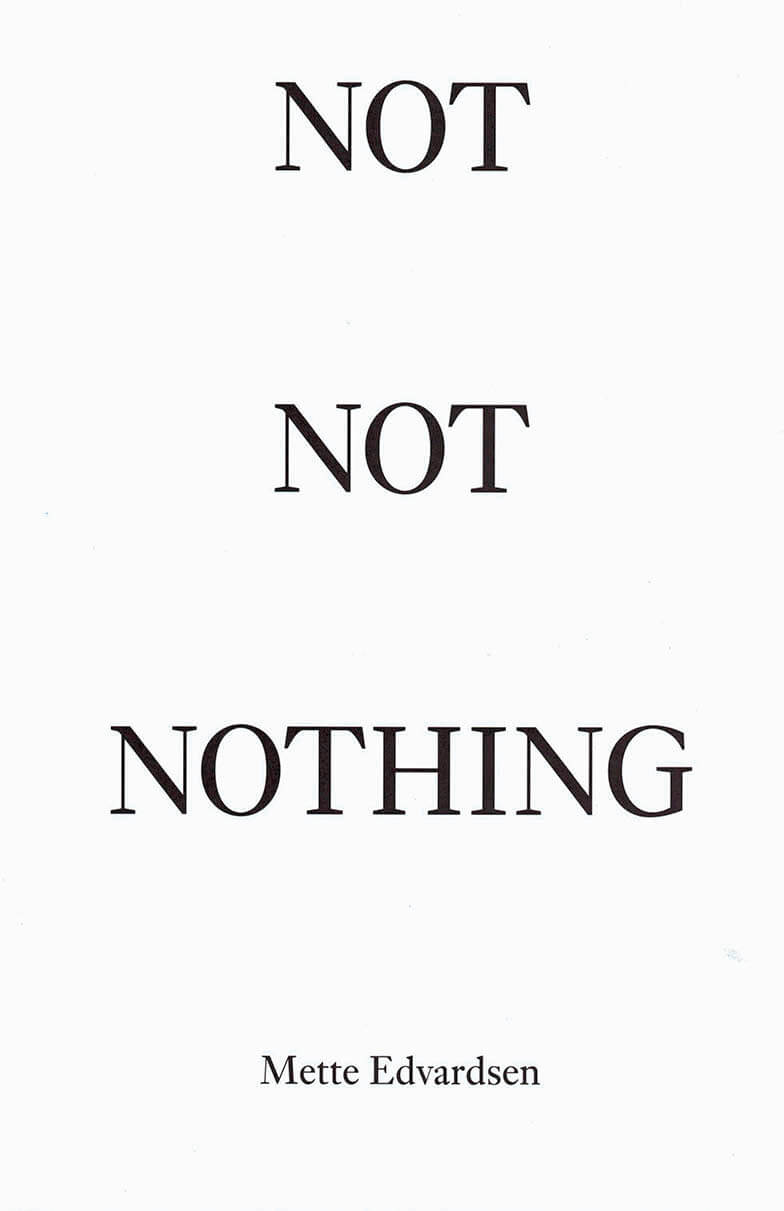
Speculative Facts
Department of Speculative Facts
The Department of Speculative Facts connects two seemingly contradictory approaches: Speculation which attempts to think and act beyond existing knowledge and structures, and fact-checkers in search for a solid consensus on which our reality can be built. When stretching knowledge and speculating with fiction, what sense of responsibility is needed in times of democratized opinions and fake news? Learning from the other SF—Science Fiction—we think of speculation through facts, and facts through speculation, to situate truth culturally.
The backbone of this book is an e-mail exchange between two fact-checkers from the New York Times Magazine, which we handed over to artists to re-write, re-perform, and re-design. The publication includes the original letters, workshop scripts, as well as additional texts by philosophers, journalists, writers, and artists looking at new social contracts, with which we can anchor ourselves in the present.
Department of Speculative Facts is Lietje Bauwens, Quenton Miller, Karoline Świeżyński.
Contributions by Sepake Angiama, Lietje Bauwens (DoSF), Kate Briggs, Federico Campagna, Alex Carp & Jamie Fisher (NEW YORK TIMES MAGAZINE), Mette Edvardsen, Tristan Garcia, Maryam Monalisa Gharavi, Nicoline van Harskamp, Quenton Miller DoSF, Ingo Niermann, Michael Portnoy, Achal Prabhala with WIKIAFRICA, FACT FACTORIES, AFRICA CHECK, CHIMURENGA, Wolfgang Tillmans, Bob Trafford (FORENSIC ARCHITECTURE).
Design by Karoline Świeżyński
Language: English







